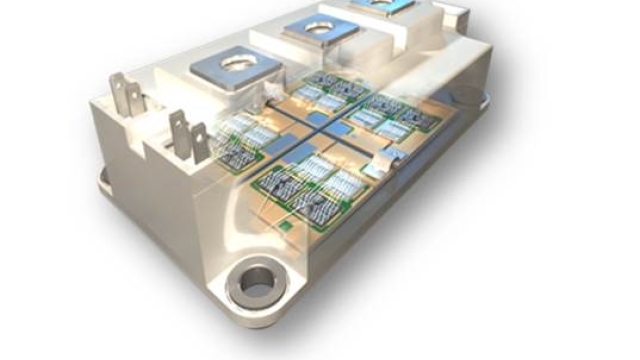
The Power of IGBT Modules: Unleashing Efficiency and Performance

In today’s fast-paced technological landscape, the demand for more efficient and high-performing devices continues to grow. Within the realm of power electronics, Insulated Gate Bipolar Transistor (IGBT) modules have emerged as a critical component in achieving these objectives. IGBT modules play a pivotal role in various applications spanning from renewable energy systems to electric vehicles, providing a bridge between power sources and devices that require precise control and reliability.
By combining the advantages of both the Metal-Oxide-Semiconductor Field-Effect Transistors (MOSFETs) and Bipolar Junction Transistors (BJTs), IGBT modules offer an enticing blend of high switching frequencies, low power losses, and robustness under high voltage and current configurations. The ability to switch rapidly between on and off states efficiently enables IGBT modules to regulate power flow effectively, making them indispensable in optimizing energy consumption and enhancing overall system performance.
Advantages of IGBT Modules
IGBT modules offer enhanced power handling capabilities. They can efficiently handle high voltage and current levels, making them ideal for applications requiring robust power management solutions.
IGBT Module
Another key advantage of IGBT modules is their reliability. These modules are designed to be durable and withstand harsh operating conditions, providing long-term stability and consistent performance for various industrial and automotive applications.
Moreover, IGBT modules contribute to improved efficiency in power conversion systems. By minimizing power losses during switching operations, these modules help optimize energy usage and reduce overall operational costs for businesses looking to enhance their energy efficiency initiatives.
Applications of IGBT Modules
IGBT modules find wide applications in various industries due to their ability to handle high power levels efficiently. In the renewable energy sector, IGBT modules are commonly used in solar inverters to convert the DC power generated by solar panels into AC power for residential and commercial use.
Another key application of IGBT modules is in electric vehicles (EVs) and hybrid electric vehicles (HEVs). These modules play a crucial role in controlling the power flow between the battery and the electric motor, helping to optimize energy usage and enhance the overall performance of the vehicle.
In industrial motor drives, IGBT modules are essential components for controlling the speed and torque of electric motors. By modulating the power supply to the motor, IGBT modules enable precise control over the motor operation, leading to increased efficiency and reduced energy consumption.
Future Developments in IGBT Technology
Looking ahead, the future of IGBT modules promises exciting advancements in efficiency and performance. One key area of development is the continuous improvement of IGBT chip designs to enhance power density and reduce conduction losses. This will lead to even more compact and energy-efficient modules for various applications.
Another important trend in IGBT technology is the integration of advanced thermal management solutions. By optimizing heat dissipation within the modules, manufacturers are working towards increasing the reliability and longevity of IGBT-based systems. These advancements will enable IGBT modules to operate at higher power levels without compromising on stability.
Furthermore, the ongoing research and development efforts in IGBT technology are focused on enhancing system integration capabilities. Future IGBT modules are expected to feature improved control interfaces and diagnostic functions, making them easier to implement and monitor in complex power electronics systems. These developments will pave the way for more intelligent and adaptive IGBT solutions in the evolving landscape of power electronics.



